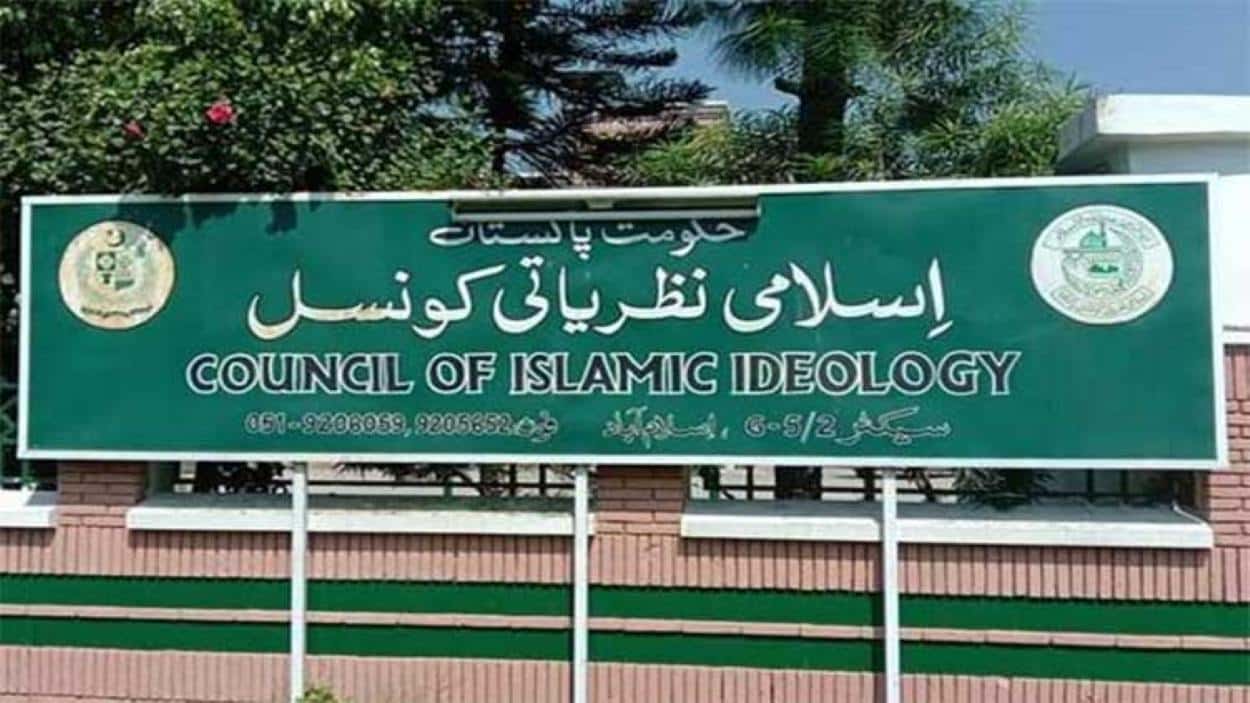Dr. Raghib Hussain Naeemi, Chairman of the Islamic Ideological Council, has released the Fitrana 2025 guidelines for almsgiving and Roza Fidya. These rules set the amounts Muslims must pay based on their financial ability and chosen food items. Here’s what you need to know.
The Fitrana 2025 guidelines set a minimum of Rs220 per person for wheat-based contributions. However, payments vary for other food options. For dates, the amount is Rs1,650, while raisins cost Rs2,500, and dried apricots require Rs5,000. Dr. Naeemi stressed that Fitrana, obligatory for all Muslims, must be paid before Ramadan ends.
Fidya covers missed fasts over 30 days. Under the Fitrana 2025 guidelines, it’s Rs6,600 for wheat, Rs13,500 for barley, Rs49,500 for dates, Rs75,000 for raisins, and Rs150,000 for dried apricots. Meanwhile, those using subsidized government wheat flour can pay just Rs160 for Fitrana and Fidya.
Read: Ramadan Moon Sighting: Central Committee Meets February 28 in Peshawar
Dr. Naeemi also outlined Kaffara for intentionally breaking a fast. Options include fasting 60 consecutive days or feeding 60 needy people two meals each. This penalty ensures accountability during Ramadan.
The Fitrana 2025 guidelines help Muslims fulfill their religious duties based on their means. Dr. Naeemi emphasized flexibility, noting that contributions should reflect one’s financial situation. Whether you choose wheat, dates, or apricots, these rates support charity and community welfare.
With Ramadan approaching, the Fitrana 2025 guidelines clarify almsgiving and fasting compensation. Adjust your payments accordingly and ensure timely contributions before the holy month concludes.






